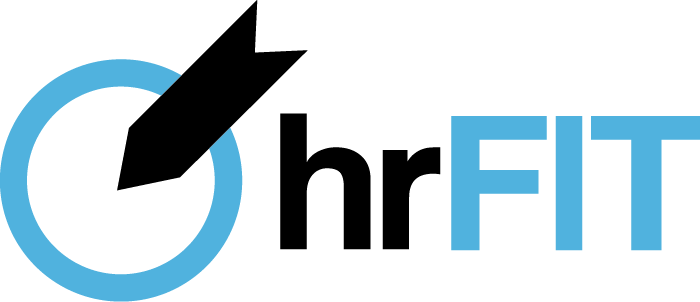
Is your staff working toward the mission and vision you’ve laid out for your company? Too often, employers will discover the day-to-day operations of their workplace — along with their work culture — are not optimized to the long-term success of the organization. Even worse, some employers don’t come to this realization until they’ve already seen the detrimental effects, such as high turnover.
Whether these effects are anticipated or have already been noticed, implementing an effective HR strategy can help align employers’ business functions with their goals. Learn more about what an HR strategy is and how our strategists work closely with employers to help meet their needs.
What Is HR Strategy?
HR strategy is a plan for a company’s sensitive HR matters, prioritizing people while aligning company policies and procedures with the organization’s mission and vision. Strategists will typically analyze all HR-related functions from staffing to benefits, identify areas for improvement, and develop processes to improve each area.
How Is an HR Strategy Developed?
First and foremost, strategists must understand an organization’s mission and goals. In other words, what is the employer trying to accomplish? How can we create a plan to meet those aspirations? Foundational HR policies and procedures will also be examined during this process. HR strategists will identify strengths and weaknesses in the company’s HR functions, including how well these expectations are communicated to employees; for example, does the employer have a good, thorough employee handbook that clearly and effectively outlines company policies and procedures? These are fundamental elements to establishing an HR strategy. If these elements aren’t clearly outlined, the employer may run into issues such as managers working with disparate or incompatible strategies — or worse, serious issues like favoritism and discrimination may run rampant.
Next, strategists will assess the current state of HR functions and understand how major HR components are working. Three main areas of focus include:
-
- Talent acquisition
- Professional and management development
- Workforce planning
- Compensation strategy
How well do these components work for the organization? What can we do to help support these functions? HR strategists will implement hiring and training practices that ensure all employees are equipped with the knowledge and skills needed to succeed in their positions.
Strategists will also analyze the organization’s culture. An important but often overlooked component of HR strategies, work culture is difficult to quantify but equally important as it can affect day-to-day interactions between co-workers and long-term functions like employee retention. Analyzing what metrics are available is another crucial step in the process. Strategists will often analyze numbers like cost per hire, time to fill, and turnover rate compared to their market. Additionally, strategists will work to determine if employers have professional development or workforce planning in place as well as 360 evaluations and employee engagement surveys.
From a management perspective, employers should have a clear understanding of what they want from an HR strategy and how they expect it to complement the company’s mission and vision. Employers should understand the roles and responsibilities for all parties involved — for example, should the organization utilize a centralized or decentralized recruitment model?
How Will I Know if the Strategy Is Working?
First, employers will notice a change in culture just by observing how employees interact within the workplace. Team members will have a more noticeable sense of mission and purpose around the organization. In addition, quantifiable metrics will improve; employers will notice higher productivity, decreased turnover rates and cost per hire, and performance evaluation scores trending in a positive direction.
Safety metrics will also improve as employees engage more with workplace training procedures and best practices. And in terms of ROI, employers should see improvement in terms of productivity and dollars saved from reduced turnover rate and cost per hire. Better workplace policies result in happier employees, which results in lower costs and an improved bottom line for employers.
Ready to develop a successful HR strategy for your business? We’re here to help — learn more about our Strategic HR Consulting Services or call us at 309.863.1202.





